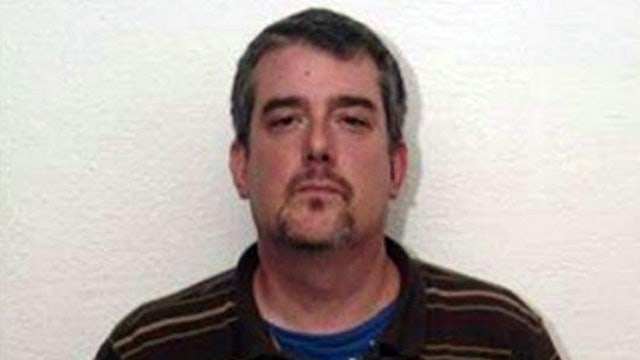DOJ faces questions over grenade linked to US smuggler
William La Jeunesse reports from Los Angeles
In a case that is prompting comparisons to the botched Operation Fast and Furious, police believe explosives found at a murder scene in Mexico may have come from an American bomb-maker whom the U.S. attorney in Arizona refused to prosecute.
According to an internal U.S. Department of Justice memo, a "Kingery grenade" was among the 10 explosives found at the scene of a shootout between police and drug cartels in Guadalajara on Oct. 10 in which three officers were killed.
The "Kingery grenade" refers to those manufactured by Jean Baptiste Kingery, a California resident who made grenades in Mexico from parts sourced in the U.S. He also converted AK-47s from semi- to fully-automatic weapons.
ATF agents arrested Kingery in 2010, but the assistant U.S. attorney in Arizona at the time, Emory Hurley, referred to the grenades as harmless toys and told the ATF the case "lacked jury appeal," according to the ATF supervisor in charge, Pete Forcelli. Forcelli had handled the case until the U.S. attorney declined to prosecute.
Rep. Darrell Issa, R-Calif., compared the situation to Fast and Furious, in which U.S. officials let weapons "walk" across the U.S.-Mexico border; weapons from the program were later found at the murder scene of Border Patrol agent Brian Terry.
"These aren't the only deaths that undoubtedly will come from weapons being allowed to walk and an individual allowed to escape justice for more than 18 months after he was in our hands and released," Issa said.
Kingery continued making some 2,000 bombs for the cartels until Mexican federal police raided his Sonora factory in 2011. Such grenades have been used in cartel attacks in public streets, bars and nightclubs.
Today, Kingery remains in a Mexican jail held on terrorism charges.
The Department of Justice's inspector general is currently investigating a claim that the DOJ retaliated against Forcelli for having been a whistleblower in Fast and Furious. A DOJ spokesperson had attempted to undermine Forcelli's credibility by telling reporters that Forcelli "walked grenades" in the Kingery case while complaining that others "walked guns" in Fast and Furious.
Issa, who is chairman of the House Oversight and Government Reform Committee, believes Kingery was permitted to continue to build grenades and export weapons as a way to justify limiting weapons sales in the southwest.
"When you have the attorney general's own offices being informed about a very dangerous person exporting hand grenades and converting AK-47s into machine guns and they let him continue as part of not, Fast and Furious, but a completely separate failure, I think what you see is an administration that I'm beginning to think really did want to let bad things happen in hopes they would get [an] assault weapons ban. The dots are being connected more and more to these kinds of actions."
The U.S. attorney's office now overseeing this case did not comment. A Justice Department official told Fox News that they assisted in the investigation and operation to catch Kingery.






















